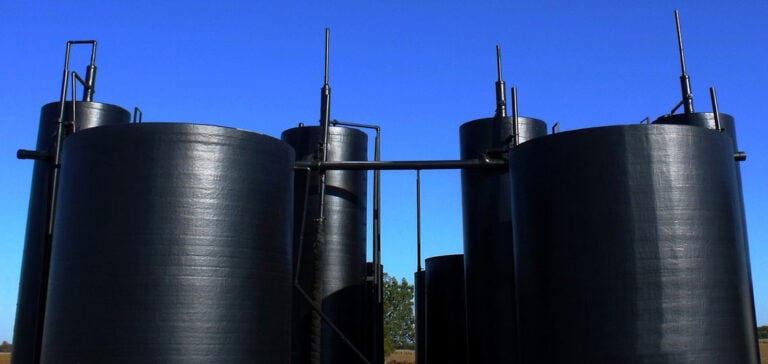The Rosebank oil field recently received development authorization from the UK. This decision comes a week after the country revised some of its climate commitments downwards. This oil field will be jointly operated by Ithaca Energy. It is a Delek subsidiary based in Israel.
Environmental criticism
However, environmentalists have strongly criticized this decision. Greenpeace describes the decision as “morally obscene”. He also accuses conservative Prime Minister Rishi Sunak of favoring oil company profits. Green MP Caroline Lucas warns that this decision could jeopardize the UK’s position as a world leader in the energy transition.
The Scottish government has also expressed its concerns. He points out that most of the resources extracted from the Rosebank oilfield could be exported. This means that Scotland would benefit little from this exploitation. Scotland’s First Minister, Humza Yousaf, is calling for a transition to renewable energies rather than relying on unlimited oil and gas extraction.
The challenges of carbon neutrality
This decision comes at a time when the UK is facing major challenges in meeting its carbon neutrality targets. The country has granted numerous permits for oil and gas exploration, raising concerns about its ability to meet its climate commitments. What’s more, the offshore wind energy sector is experiencing problems, and the crisis in Ukraine is rekindling concerns about energy security.
UN appeal
The UN, through its spokesman Stéphane Dujarric, is calling for climate ambitions to be accelerated rather than rolled back. He stresses that the world cannot afford to exploit all the oil and gas already discovered.
Why does it matter?
This decision has global financial and energy implications. Political and economic choices influence energy markets, investments and jobs. It highlights the challenges of the energy transition while exploiting oil and gas resources. Ultimately, this case highlights the tension between the need to guarantee energy security and the imperative to combat climate change, a crucial issue on a national and global scale.





















